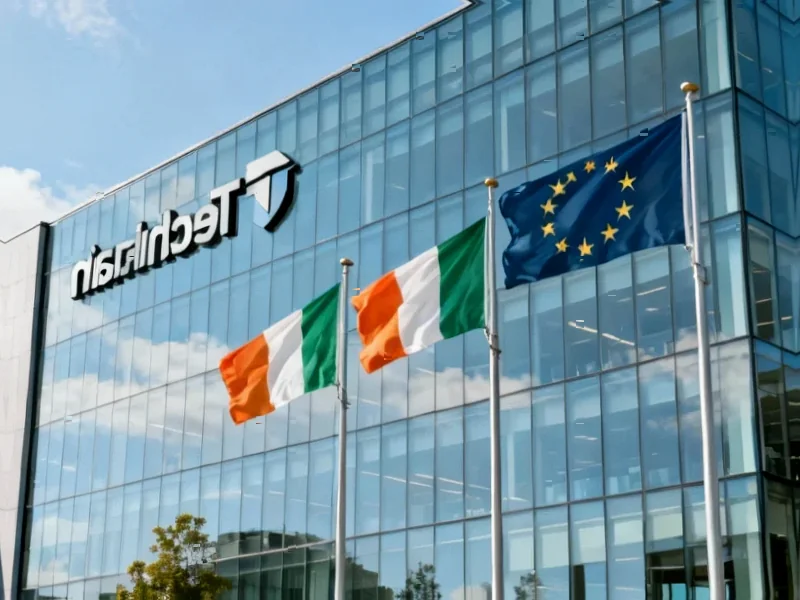According to GameSpot, former Ensemble Studios developer Sandy Peterson has revealed that the cancelled Halo MMO Titan was killed to protect an executive’s stock bonus. Peterson claims the project had a $90 million budget and was projected to generate at least $1.1 billion in revenue, but Xbox head Don Mattrick allegedly cancelled it because the game’s 3.5-year development timeline would extend beyond the 3-year window for his stock bonus calculations. The developer, known for his work on Call of Cthulhu and Doom, stated that Mattrick “realized his stock bonus was based on the income MS had from games in 3 years,” making the longer development timeline problematic for his personal compensation. This revelation provides new context to Ensemble Studios’ 2008 closure and suggests corporate financial engineering may have cost Microsoft a potential gaming blockbuster.
The Structural Problem With Quarterly Thinking
The core issue Peterson identifies goes beyond one executive’s decision—it reveals a fundamental flaw in how gaming executives are compensated. When stock bonuses are tied to short-term financial metrics like three-year revenue windows, executives face perverse incentives to prioritize immediate gains over long-term value creation. This creates what economists call “temporal discounting,” where future billions are sacrificed for present millions. The gaming industry’s unique development cycles, where AAA titles often require 3-5 years from conception to release, directly conflict with quarterly and annual bonus structures common in publicly traded companies. This misalignment between executive incentives and product development reality has likely killed numerous ambitious projects beyond just Titan, though we rarely get such explicit confirmation of the mechanism.
The Technical Reality of MMO Development
Peterson’s claim that Titan needed 3.5 years to complete aligns with industry standards for massively multiplayer online games. Unlike single-player titles, MMOs require extensive backend infrastructure for persistent worlds, server architecture capable of handling thousands of simultaneous players, and complex networking systems that traditional Halo games didn’t need. The transition from Ensemble’s expertise in real-time strategy games to a full-scale MMO would have required significant technical retooling. Building the server infrastructure alone for a Halo-themed MMO would have represented a massive undertaking, requiring dedicated data centers and specialized networking expertise that Microsoft was developing concurrently with projects like Xbox Live. The developer’s detailed thread suggests the team understood these technical challenges and had realistic timelines for overcoming them.
Broader Industry Implications
This revelation should serve as a wake-up call for gaming companies about how they structure executive compensation. When bonuses are tied to artificial timeframes that don’t match development realities, companies systematically undervalue their most ambitious projects. The gaming industry has seen numerous high-profile cancellations of promising titles—from Scalebound to Star Wars 1313—often with vague explanations about “strategic realignment” or “quality concerns.” Peterson’s account suggests we should look more critically at the financial incentives driving these decisions. Publicly traded gaming companies face particular pressure to deliver consistent quarterly growth, creating an environment where executives are rewarded for minimizing risk and development costs rather than pursuing innovative, long-term projects that could transform the industry.
The Real Cost of Cancellation
Beyond the immediate $90 million development cost and projected $1.1 billion revenue, the cancellation of Titan represents a strategic loss for Microsoft’s gaming ecosystem. A Halo MMO in 2008-2009 could have positioned Xbox as a dominant force in the emerging MMO market, competing directly with World of Warcraft during its peak popularity. More importantly, it would have given Microsoft valuable experience in live service operations years before games-as-a-service became the industry standard. The infrastructure and expertise developed for Titan could have accelerated Microsoft’s cloud gaming initiatives and provided foundational technology for future projects. While we can’t know if Titan would have succeeded, the cancellation deprived Microsoft of both immediate revenue and long-term strategic positioning in the evolving gaming landscape.
Modern Compensation Reforms
Since the Titan cancellation era, some gaming companies have begun restructuring executive compensation to better align with long-term success. Companies like Take-Two Interactive and Electronic Arts have introduced multi-year performance metrics and clawback provisions that reward sustained success rather than short-term spikes. However, the fundamental tension between quarterly shareholder expectations and multi-year development cycles remains largely unresolved. The industry needs more sophisticated compensation models that account for the unique characteristics of game development, perhaps incorporating metrics like player retention, intellectual property value creation, and technology platform development alongside traditional financial measures. Until then, we’ll likely continue seeing ambitious projects sacrificed for executive bonuses.




